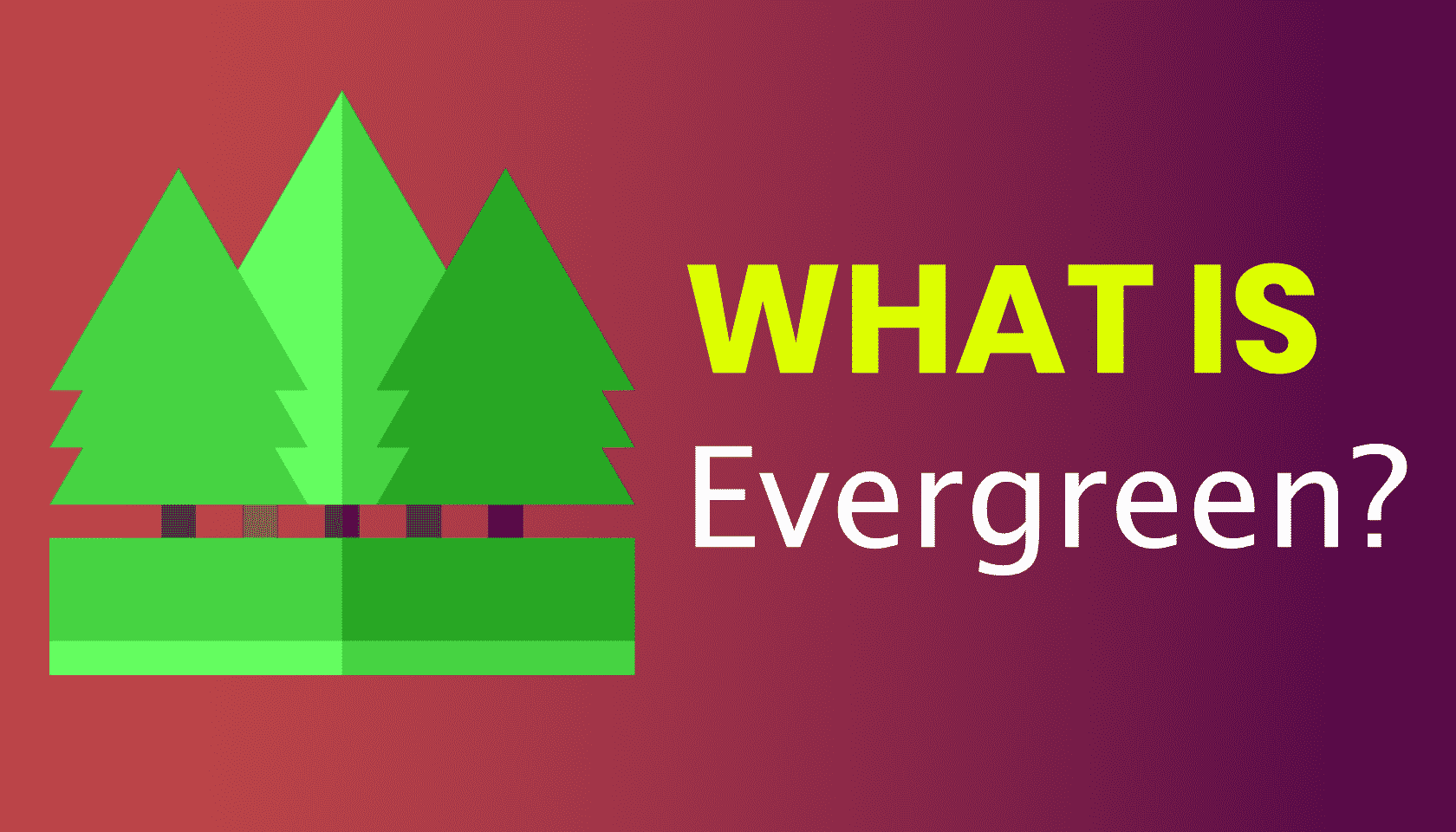
Peter Jobes
Definition of Evergreen
Evergreen is a type of content that remains valuable even after many years. For example, this glossary is considered evergreen unless the blogging world makes drastic changes – and by this, we mean that the terms discussed within can be referred back to accurately for the foreseeable future, because of how static these definitions will remain. Trends and things in flux are not evergreen.
Content that is evergreen holds a lot of value in the blogging world because of its continued relevance, and many bloggers attempt to write pieces that could be recycled consistently in the future.
An example, if you run a blog about fashion, an article entitled ‘Autumn 2017’s Freshest Styles’ couldn’t be considered evergreen, because its focus is clearly on a particular time frame and will likely become less appealing to readers after the season’s finished. However, an article called ‘Timeless Styles That Never go out of Fashion’ carries an emphasis that’s designed to withstand the test of time, and thus, keep its appeal to readers for years to come.
So why is evergreen content important? By making the story relevant (or forever green, like the Evergreen Trees that keep their leaves all year round), you guarantee that you’ll always have some content that readers will be interested in. This will keep your traffic and that particular page’s search engine ranking high – ultimately giving your entire site better exposure.

Here’s an example of evergreen content from The Spruce. The name alone enables the article to continually pop up on search engines long into the future, and the site will enjoy the benefits of users searching for similar pieces and being redirected to them. If their article had any sort of time constraint added, then the interest of the reader would be lost when it becomes apparent that the piece was dated.
Evergreen content doesn’t have to be limited to articles either; it can carry any form. Popularly, evergreen content is utilised through reader FAQ posts, ‘how to’ pieces, general industry-relevant material, or product reviews.
Tip: Use evergreen content to your advantage. Take a look at your website and the sort of articles you would like to write, and ask yourself ‘what kind of piece would my target audience keep coming back for?’. Try not to add any unnecessary time constraints to your work – it’s good to write about something relevant today, but if you could structure it to be relevant tomorrow too then you’ll have something that has the potential to keep your site popular. Once you have your content, be sure to effectively use the ‘share’ button to keep your target audience aware of your writing.
Further Reading:
1. Why Content Creation Is The Single Most Effective SEO Technique
2. Sticky Content: 5 Crucial Steps To Making It All Happen
3. SEO in 2017: Experts share their SEO tips and trends for 2017

Peter Jobes
Content Marketing Manager

